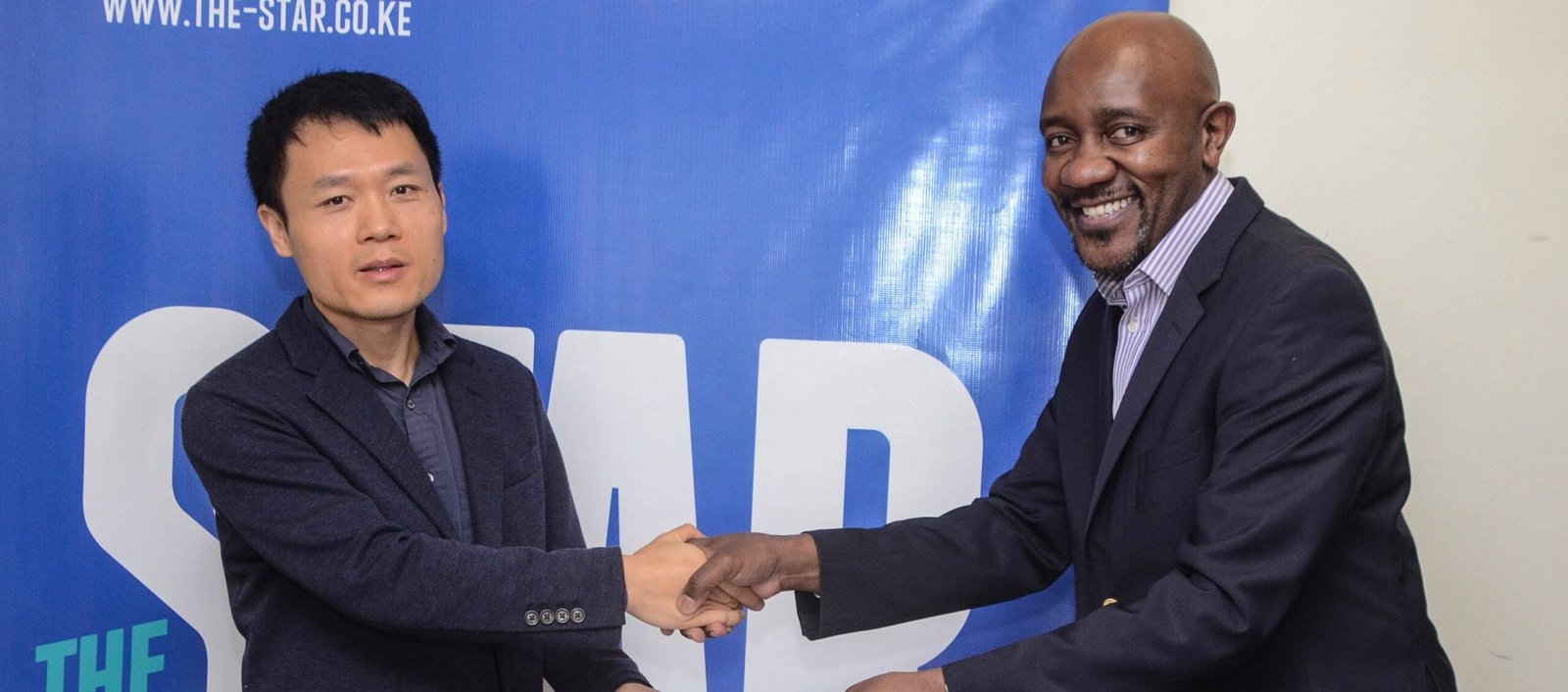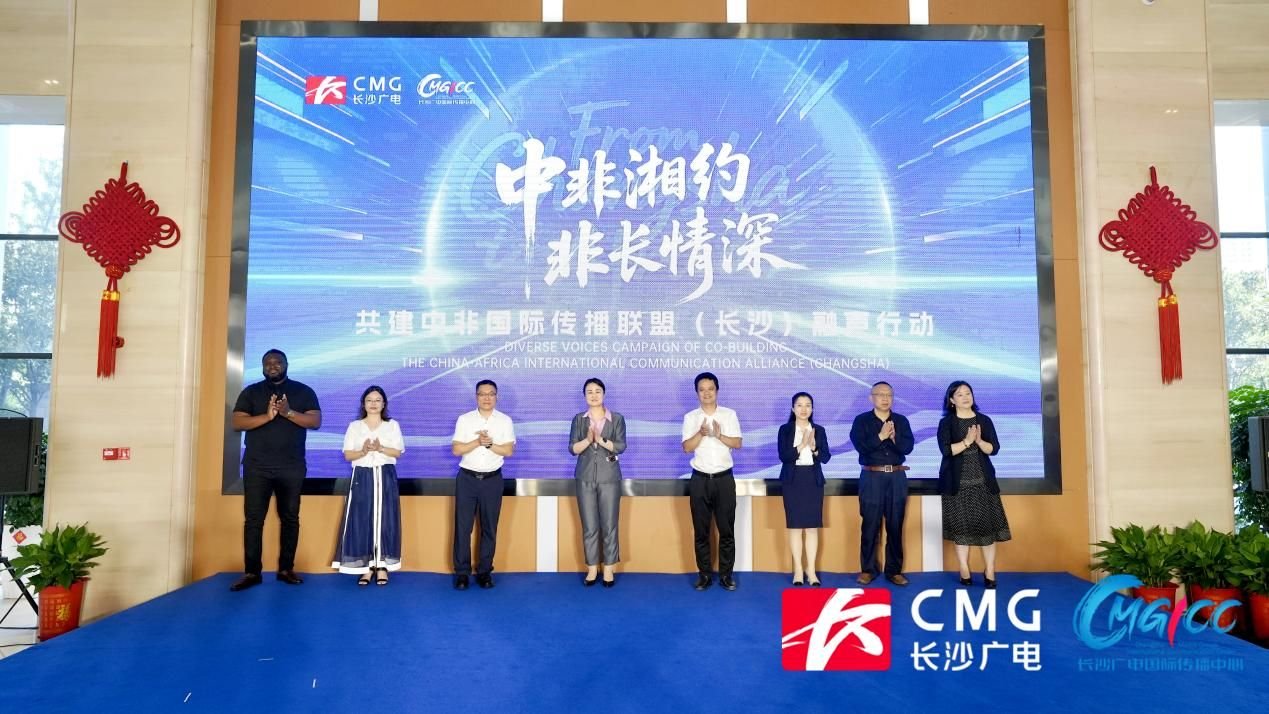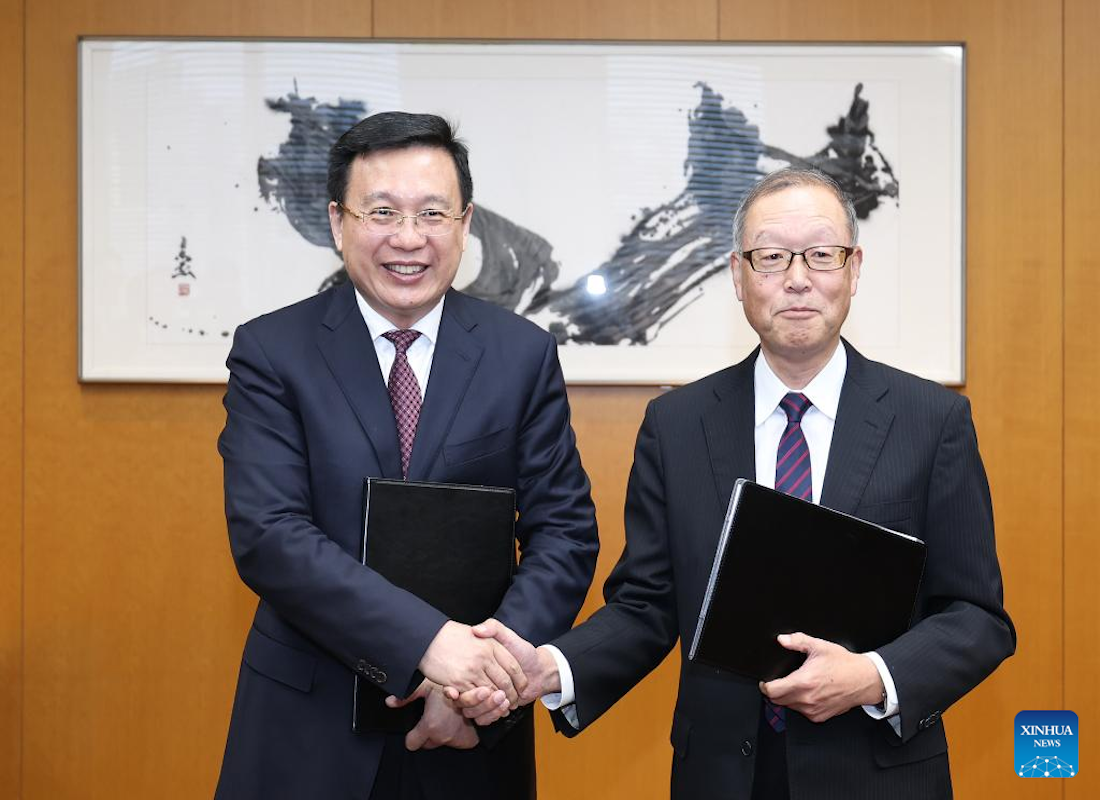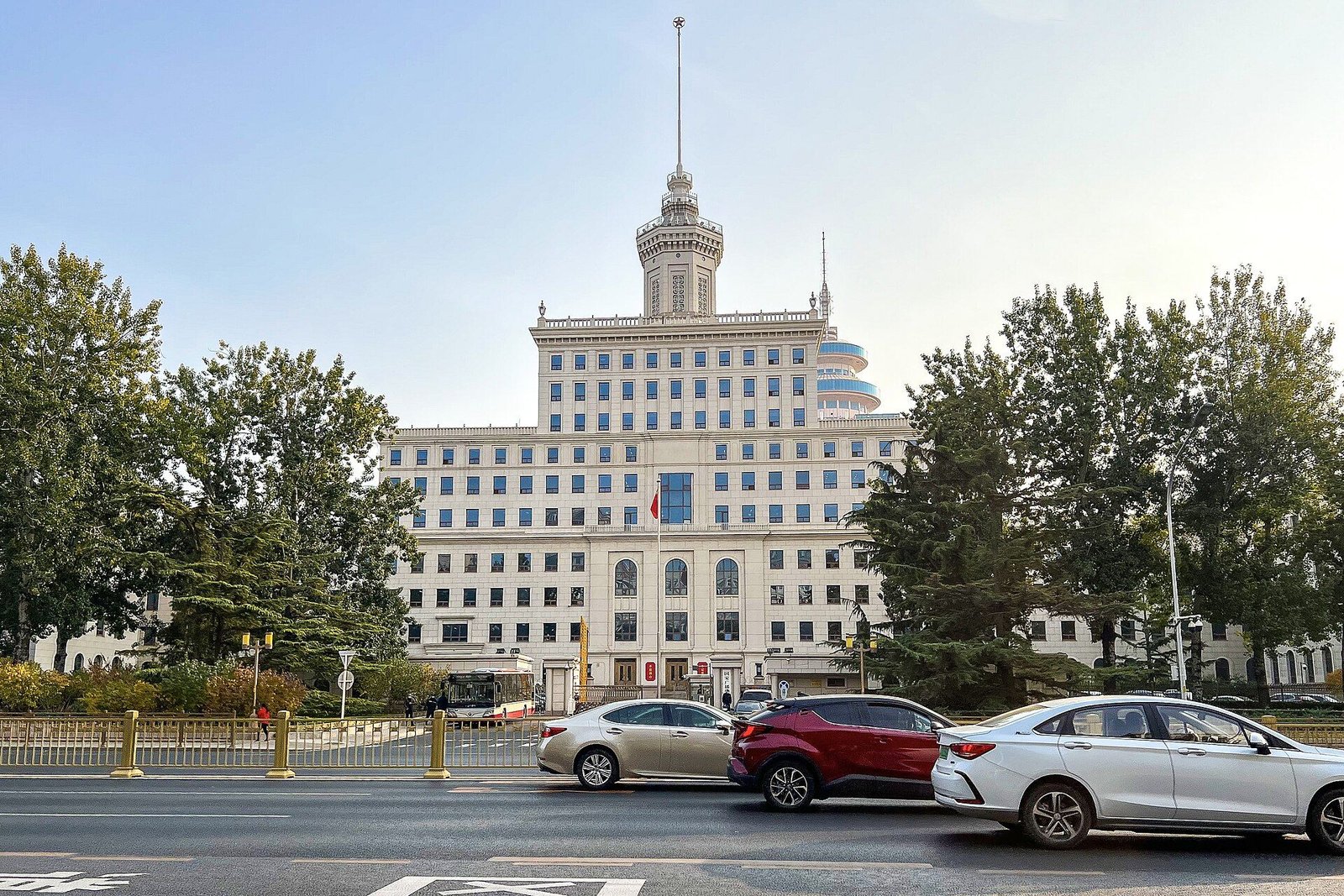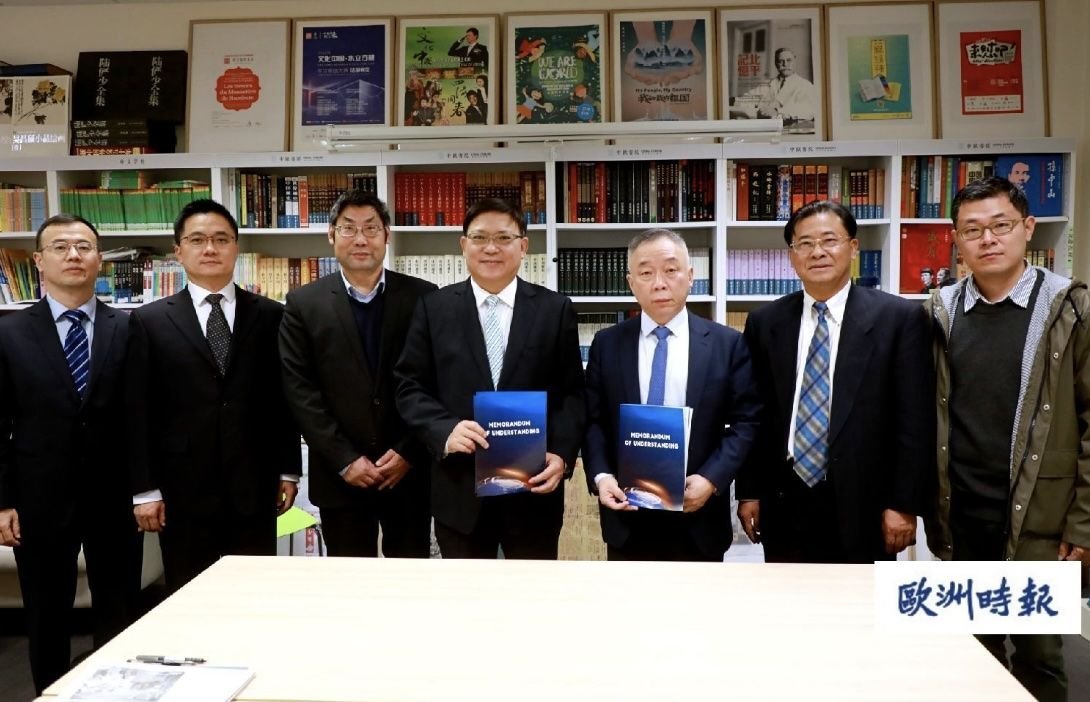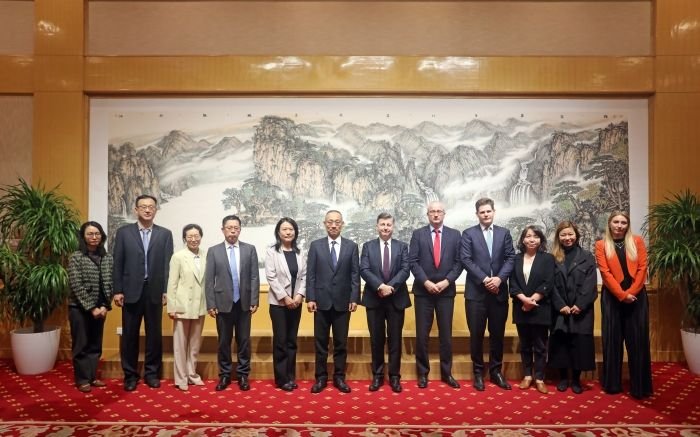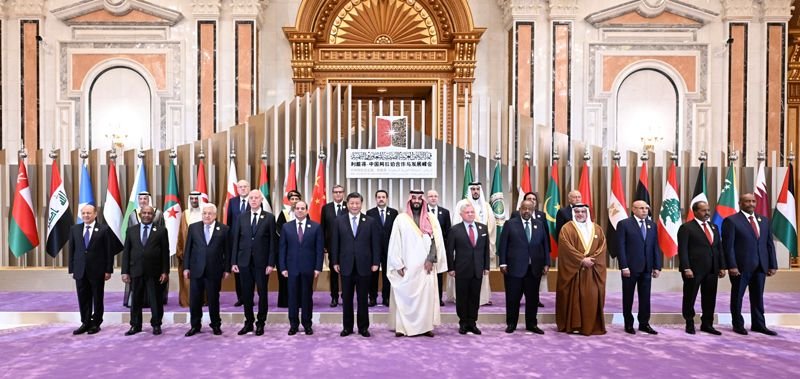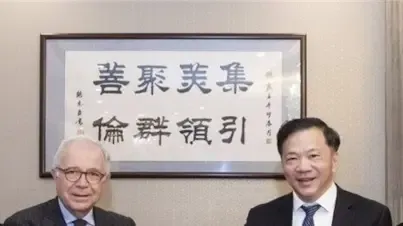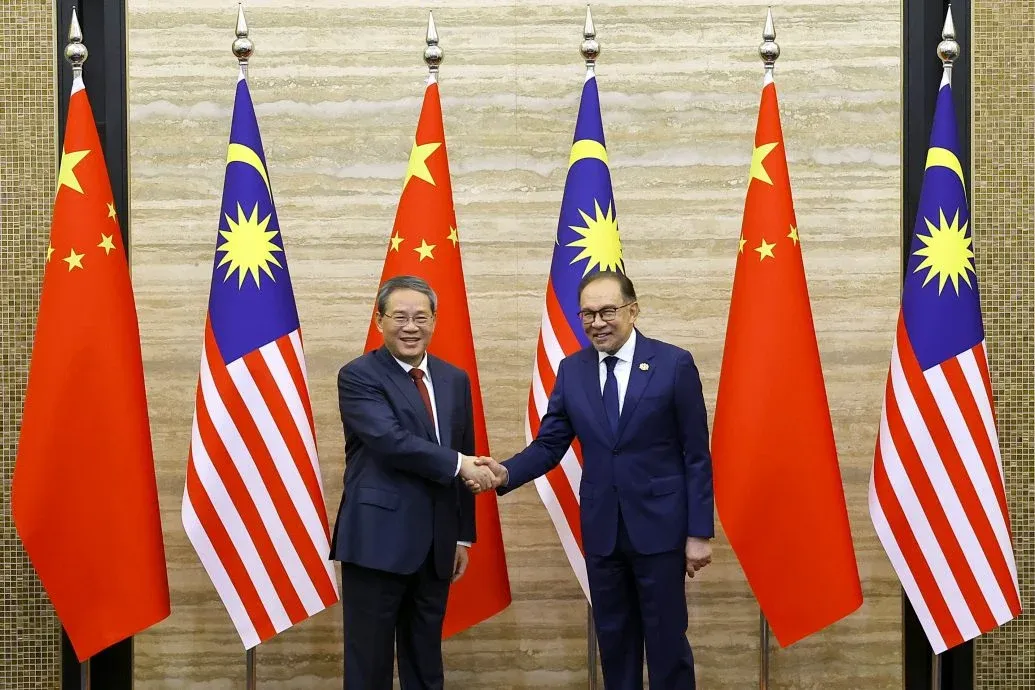Kenya’s Star Signs Insert Deal with China Daily
Kenya’s Star newspaper signed a content-sharing agreement with China Daily Africa on July 16, 2025, at the Star’s Westlands headquarters in Nairobi. Radio Africa Group CEO Martin Khafafa and China Daily Africa Director Wang Xiaodong (王晓东) officiated the deal, which will see “China Watch” inserts published weekly in the Star, leveraging its “100,000-copy circulation.” Khafafa welcomed the partnership as showcasing China’s “contributions to Kenya’s economic growth,” while China Daily’s Kennedy Mureithi said the goal was to “break down Western bias” and expand influence across 15 African countries through local partnerships countering “misperceptions” about China’s continental role. This language closely mirrors Chinese state talking points, including Xi Jinping’s notion of “telling China’s story well.” Mureithi was quoted by China Daily as saying: “We believe that by telling our story in our own voice, more Africans will come to appreciate the values, innovations, and opportunities that China offers.” Xi’s notion of “China’s story,” however, does not suggest individual stories but refers to the “discourse power” (話語權) and voice of the Chinese Party-state, which is perpetuated also through restraints on discourse.

